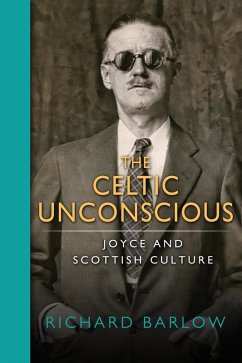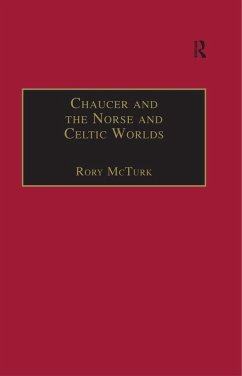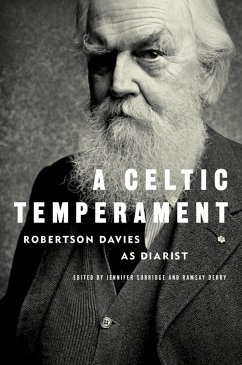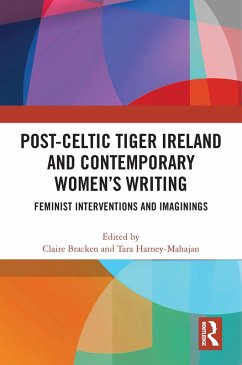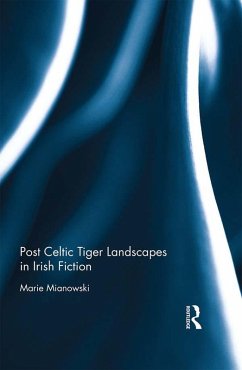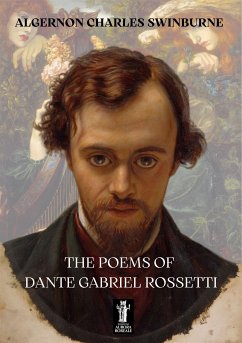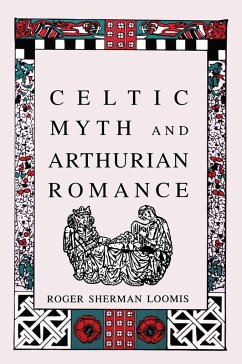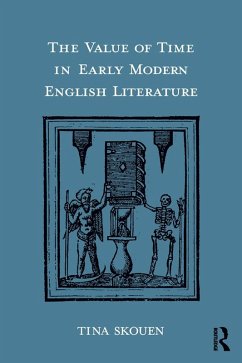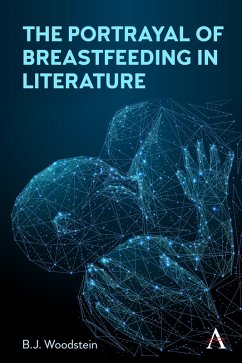
The Celtic Element in Literature (eBook, ePUB)

PAYBACK Punkte
1 °P sammeln!
William Butler Yeats (1865-1939) was an Irish poet, dramatist, writer and initiate, and one of the foremost figures of 20th-century literature. He was a driving force behind the Irish Literary Revival, and along with Lady Gregory founded the Abbey Theatre, serving as its chief during its early years. He was awarded the 1923 Nobel Prize in Literature, and later served two terms as a Senator of the Irish Free State. The Yeats' essay The Celtic Element in Literature, written in 1897, was included in 1903 in the collection of Yeats' non-fiction works and essays Ideas of Good and Evil, published in...
William Butler Yeats (1865-1939) was an Irish poet, dramatist, writer and initiate, and one of the foremost figures of 20th-century literature. He was a driving force behind the Irish Literary Revival, and along with Lady Gregory founded the Abbey Theatre, serving as its chief during its early years. He was awarded the 1923 Nobel Prize in Literature, and later served two terms as a Senator of the Irish Free State. The Yeats' essay The Celtic Element in Literature, written in 1897, was included in 1903 in the collection of Yeats' non-fiction works and essays Ideas of Good and Evil, published in London by A.H. Bullen. It is one of the masterpieces of literary criticism by the great Irish author and, at the same time, one of the most important studies on the Celtic roots of a substantial part of European literature. In it Yeats not only demonstrates a profound knowledge of the history of literature, but also manages to read and interpret its most hidden secrets through his profound knowledge of symbols and archetypes, derived from his lifelong membership in the Hermetic Order of the Golden Dawn, a secret society dedicated to the study and practice of occult hermeticism and metaphysics.
Dieser Download kann aus rechtlichen Gründen nur mit Rechnungsadresse in A, B, BG, CY, CZ, D, DK, EW, E, FIN, F, GR, HR, H, IRL, I, LT, L, LR, M, NL, PL, P, R, S, SLO, SK ausgeliefert werden.




